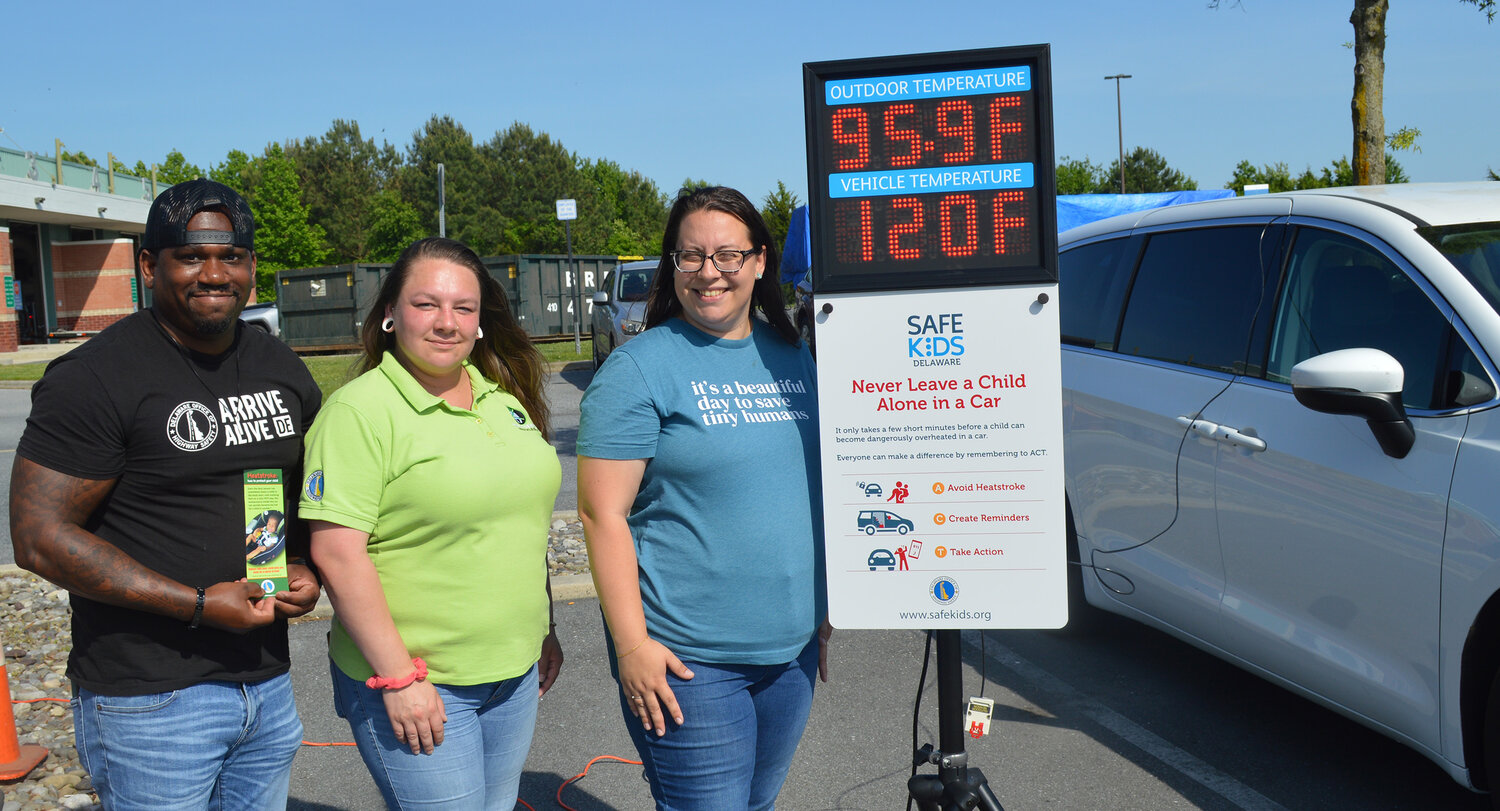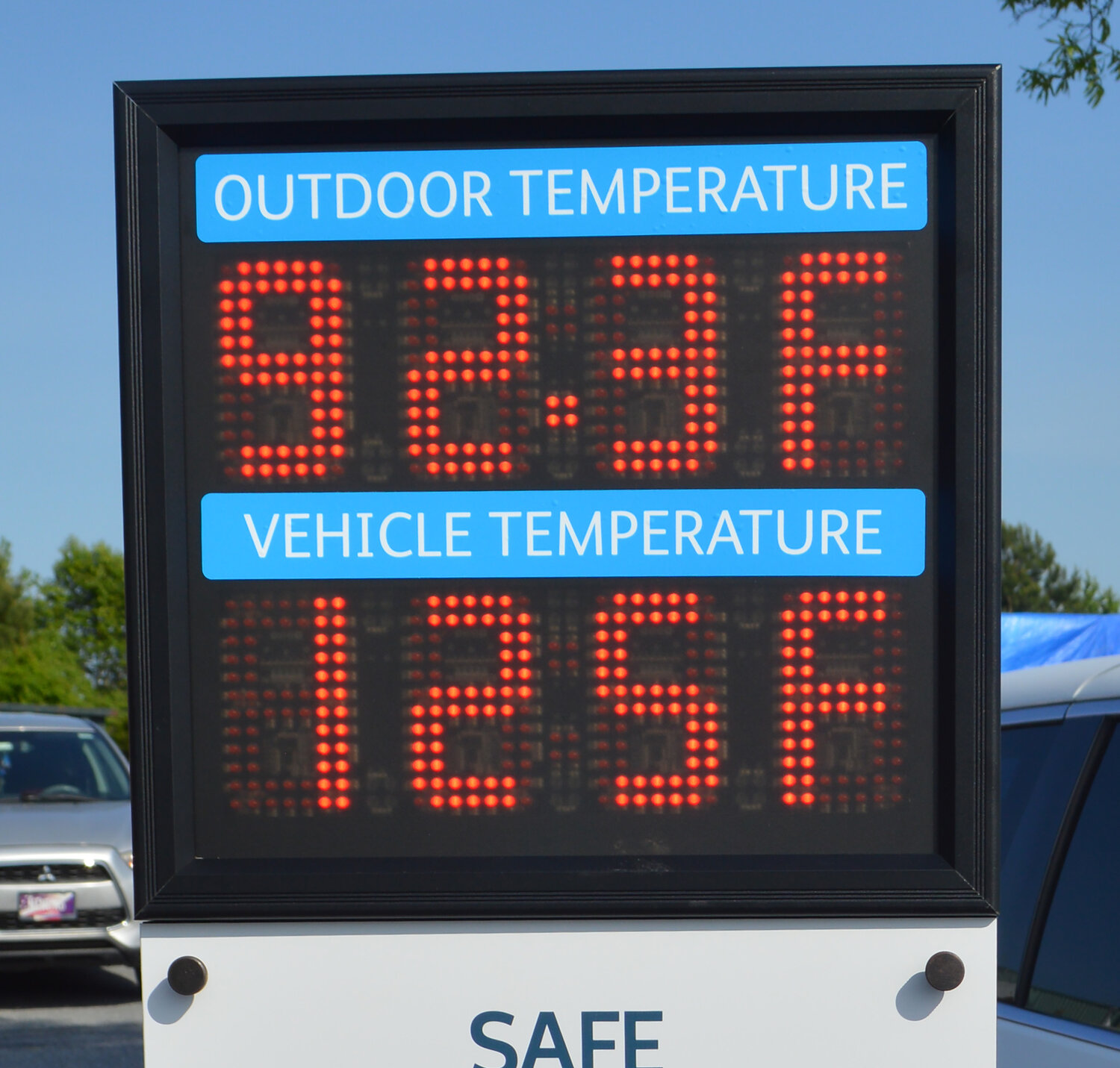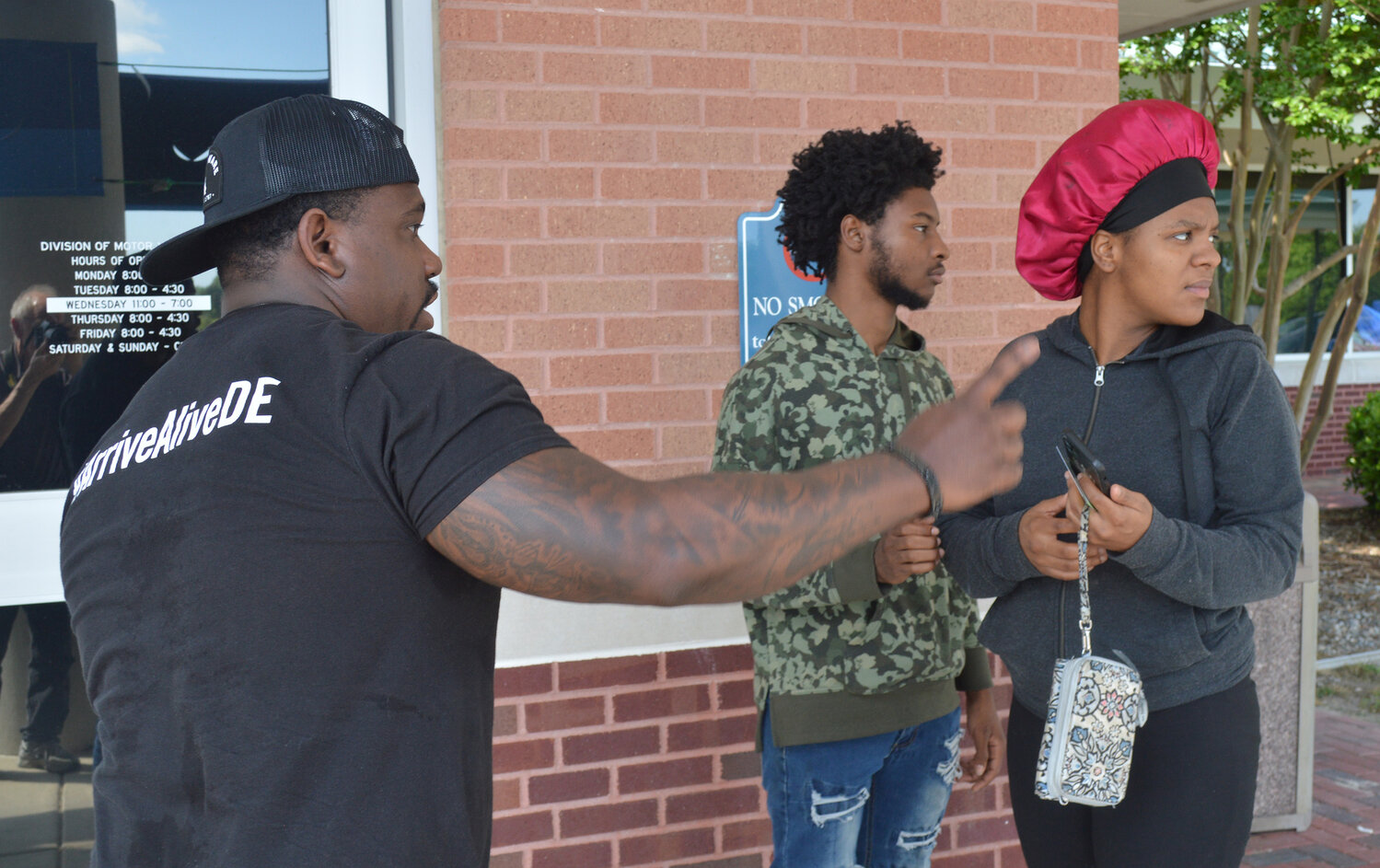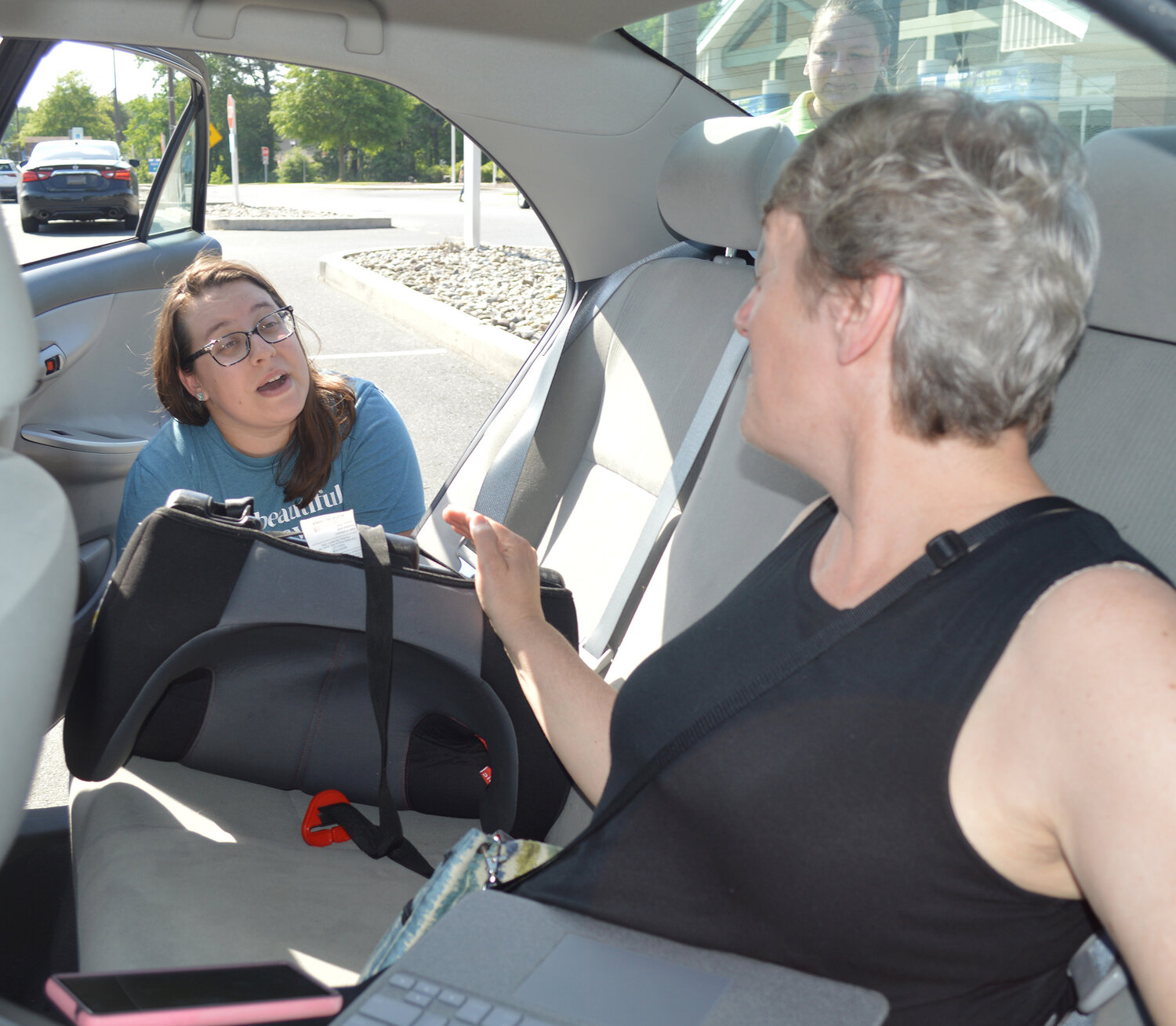Heatstroke danger focus of Delaware Office of Highway Safety campaign
Summer is just about here.
And with it comes an increased danger of heatstroke.

You must be a member to read this story.
Join our family of readers for as little as $5 per month and support local, unbiased journalism.
Already a member? Log in to continue. Otherwise, follow the link below to join.
Please log in to continueNeed an account?
|
Heatstroke danger focus of Delaware Office of Highway Safety campaign
 By Glenn Rolfe
By Glenn RolfeGEORGETOWN — Summer is just about here.
And with it comes an increased danger of heatstroke.
To raise awareness of the potentially deadly condition, Delaware’s Office of Highway Safety and Division of Motor Vehicles held a program at the Georgetown DMV facility Wednesday, including a comparative temperature-based demonstration.
It’s main message was that any individual or pet can be at great risk if left unattended in a vehicle, if the windows are up, and there is no air conditioning.
“On average, vehicles will gain about 19 degrees in just 10 minutes,” said Aubrey Klick, a child passenger safety coordinator for the Office of Highway Safety.
Ms. Klick was joined by Meghan Niddrie, a community relations officer for OHS, and Elliott Nicholas with the Aloysius Butler & Clark marketing agency to demonstrate thermometers measuring the inside temperature of an enclosed vehicle, along with the outside temperature.
About 90 minutes into the two-hour display, the temperature inside the vehicle reached 120 degrees. At the conclusion, the gauge topped out at 125, which surpassed a previous mark of 122 degrees in a four-hour event in July 2022.
The outside air temperature in Georgetown on Wednesday was about 87 degrees.
Numbers like these, organizers said, can quickly lead to heatstroke, the most serious heat-related illness.
“Nationally, over 900 children have, unfortunately, died from pediatric vehicular heatstroke since 1998. It’s a lot,” Ms. Klick said. “About 52% of those have been unknowingly left, so people didn’t realize that they left them there.”
Additionally, about a quarter of those deaths were attributed to children gaining access to the vehicle without supervision.
“So, say your car is parked at home, and the child remembers, ‘Oh, I did an art project at school today, and I want to go get it because I want to go show Mom,’” Ms. Klick said. “But they don’t tell anybody. They go out to the car to get in it. A lot of our vehicles have child locks on the backdoor. So, the kid gets in, shuts the door behind them. They don’t realize that they can just go to the front to get out, and they get stuck in the vehicle. Unfortunately, this happens every school year.”
Even on a 70-degree day, the temperature in a closed vehicle can quickly become too hot for a person to survive, she added.
Further, children’s bodies heat up about five times faster than adults’.
“So, they are especially susceptible to heatstroke,” she said. “They overheat a lot faster than we do because their bodies just regulate temperature a lot differently.”
As part of the campaign, staff handed out information about how to protect against vehicular heatstroke.
Prevention is the main goal.
“Look before you lock and then lock before you leave. Check your car before you walk away, and you lock it. Always check your backseat,” Ms. Klick said. “A lot of people say, ‘This will never, ever happen to me.’ Never be too proud to just check your backseat. It takes about two seconds, and it could save a life.”
Should someone find an individual or an animal locked in a hot vehicle, the first step is to call 911.
“They are going to ask how long you’ve monitored that situation, how long you’ve seen it, and (you should) follow what they tell you to do,” Ms. Klick said.
The Office of Highway Safety held other heatstroke awareness events in Dover and Wilmington this month, in conjunction with National Heatstroke Prevention Day, which was May 1, Ms. Niddrie said.
For information, visit ohs.delaware.gov.
Members and subscribers make this story possible.
You can help support non-partisan, community journalism.
Other items that may interest you









